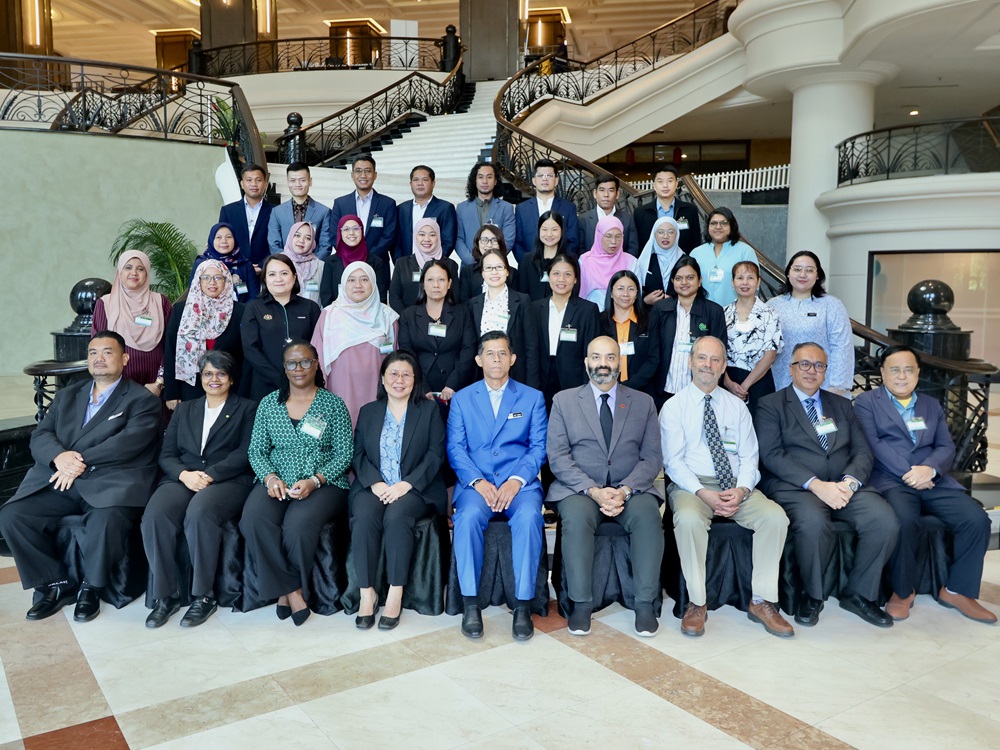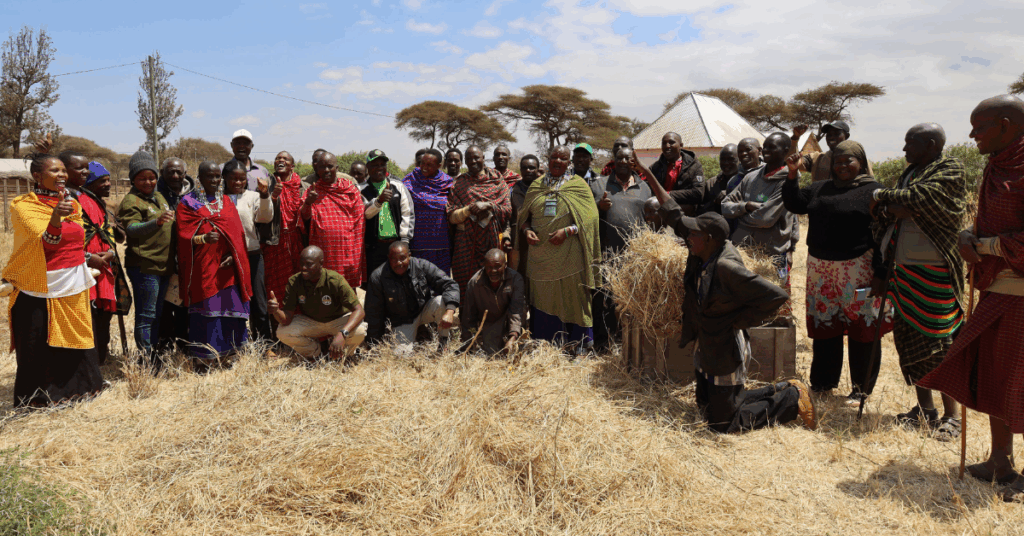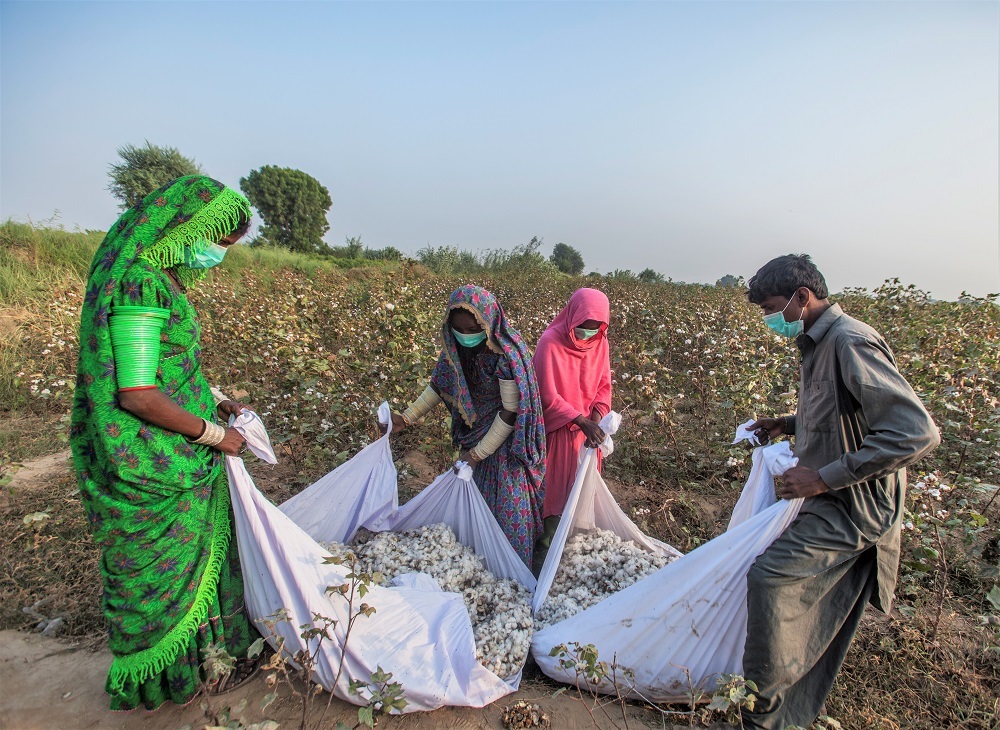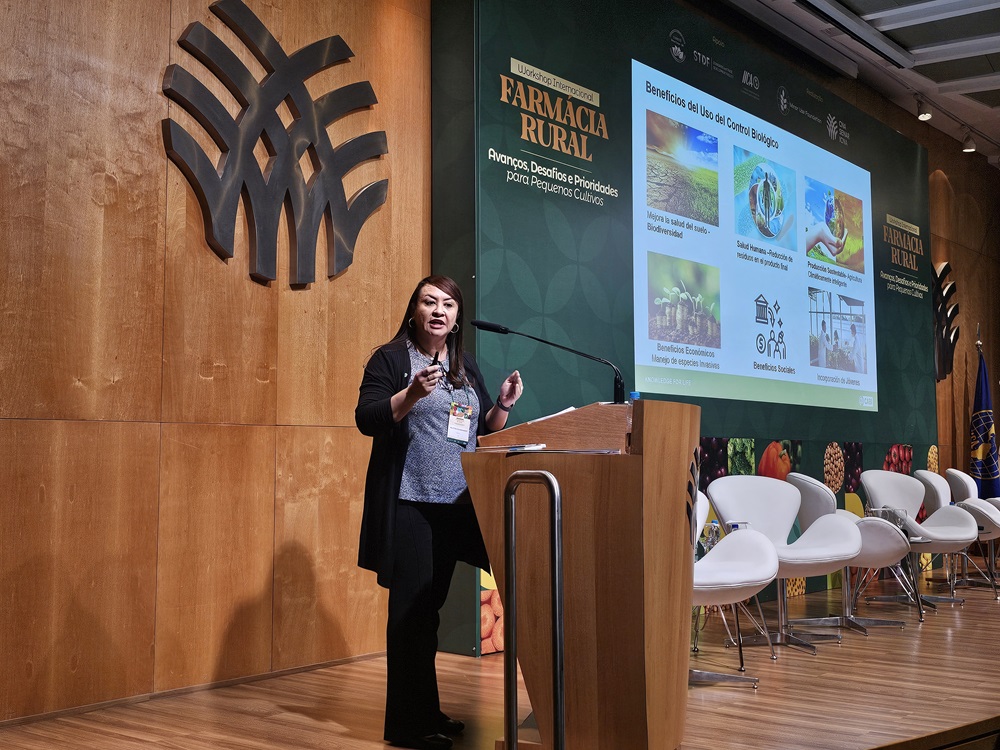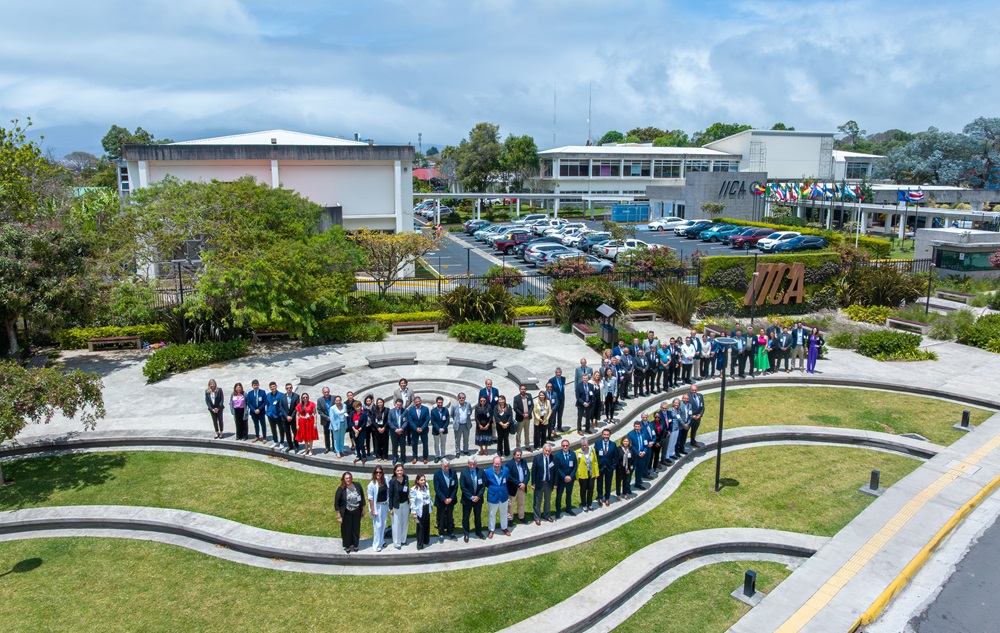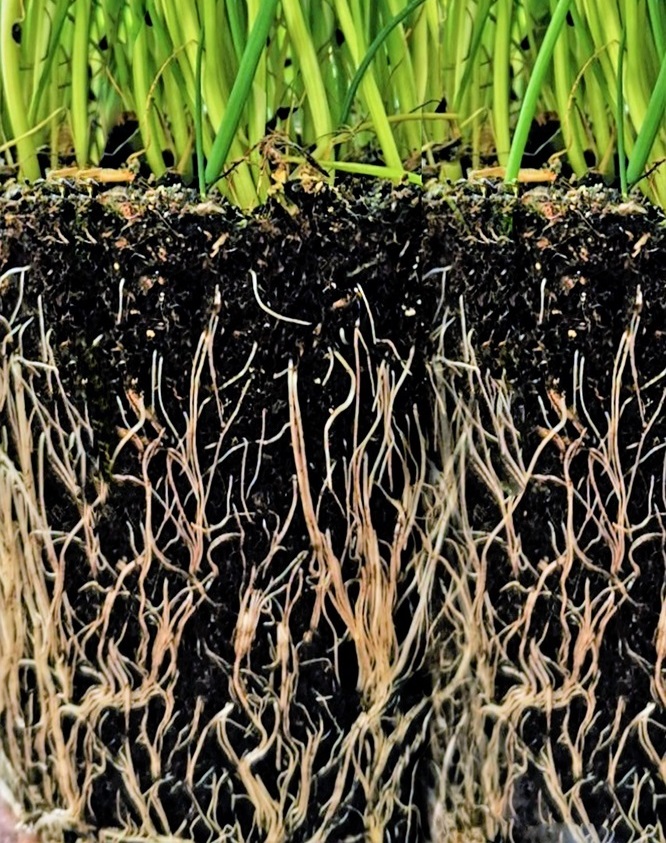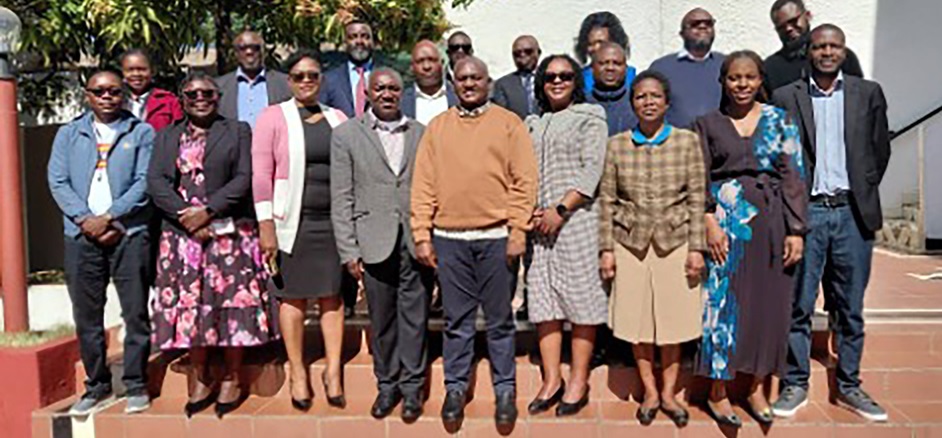CABI Blog
Author: Wayne Coles
You are here: CABI Blog
Collaboration in plant health, biosecurity, and pest data management strengthened through ASEAN Pest Database
November 20, 2025
Wayne Coles
1 comment
The 2nd workshop on the Association of South East Asian Nations (ASEAN) Pest Database, aimed at strengthening regional collaboration in plant health, biosecurity, and pest data management, has been held in Putrajaya, Malaysia.
CABI Landscapes Initiative reports major progress across Eastern Africa
November 12, 2025
Wayne Coles
No Comments
CABI’s Landscapes Initiative is making major strides in Eastern Africa, restoring degraded ecosystems, managing invasive species, and promoting community-led solutions through Integrated Landscape Management.
Sowing the seeds of success: How CABI and Better Cotton are transforming cotton farming in Pakistan
October 7, 2025
Wayne Coles
No Comments
CABI’s ongoing partnership with the Better Cotton Initiative (BCI) is paying dividends in helping to transform agricultural practices in Pakistan’s cotton sector. This article highlights the progress of this work as part of World Cotton Day today (Tuesday 7 October 20205).
CABI highlights its expertise at Africa Food Systems Forum on the benefits of sharing data for agriculture
September 15, 2025
Wayne Coles
No Comments
CABI has highlighted its expertise in digital development by taking part in the Africa Food Systems Forum (AFSF) in Senegal where it outlined how sharing data through regional platforms can help different agricultural services work better together.
Advancing sustainable agriculture: CABI BioProtection Portal highlighted at rural pharmacies event in Brazil
September 9, 2025
Wayne Coles
No Comments
The CABI BioProtection Portal – the largest open-access global resource for registered biocontrol and biopesticide products and information – has been highlighted at a rural pharmacies event in Brasília, Brazil.
Workshop explores plant health concerns as part of European Phytosanitary Research Coordination network
September 8, 2025
Wayne Coles
No Comments
CABI, in collaboration with Kenya Plant Health Inspectorate Service (KEPHIS), AU InterAfrican Phytosanitary Council (AU-IAPSC), and EUPHRESCO Network Office, has taken part in a consultation workshop exploring a range of phytosanitary research concerns.
CABI strengthens regional collaboration in Latin America to help advance sustainable agriculture and food security
September 4, 2025
Wayne Coles
1 comment
CABI has been busy working to strengthen regional collaboration in Latin America, helping to advance sustainable agricultural production and food security, including the development of more environmentally friendly methods to combat crop pests and diseases.
Regenerative agriculture highlighted as a transformative approach to ecological farming and soil recovery
August 22, 2025
Wayne Coles
No Comments
A new critical review, published in the journal CABI Agriculture and Bioscience, highlights the emergence and scientific basis of regenerative agriculture – proposing a working definition centred on ecological cycles and farm system outcomes.
Strengthening food safety systems: Zambia hosts Codex training for national stakeholders
July 31, 2025
Wayne Coles
No Comments
Zambia has taken a significant step in bolstering its food safety framework by hosting a comprehensive hands-on training workshop in Livingstone. Supported by the Codex Trust Fund and the African Union Inter-African Bureau for Animal Resources (AU-IBAR), the training aimed to build the capacity of national stakeholders and experts on Codex procedures and the effective…
‘Under the microscope’ to mark World Microbiome Day: CABI’s work in the field
June 27, 2025
Wayne Coles
1 comment
To mark World Microbiome Day 2025 (Friday 27 June), CABI takes a look back at its recent work – putting the microbiome ‘under the microscope’ to see how this community of micro-organisms live together in a particular ecosystem where humans, animals, and plants all have their own unique microbiomes.
Subscribe to blog
DISCLAIMER
Views expressed in contributions do not necessarily reflect official CABI positions.
Archives
Categories
- Agriculture and International Development
- Veterinary and Animal Sciences
- Climate change and biodiversity
- Publishing
- Value chains and trade
- Crop health
- Environmental Sciences
- Human Sciences
- Tourism, Hospitality and Leisure
- Food and nutrition security
- Plant Sciences
- Gender and youth
- Digital development
- Development communication and extension
- Economic development
- Invasive species
- CABI Bioservices
- One Health


